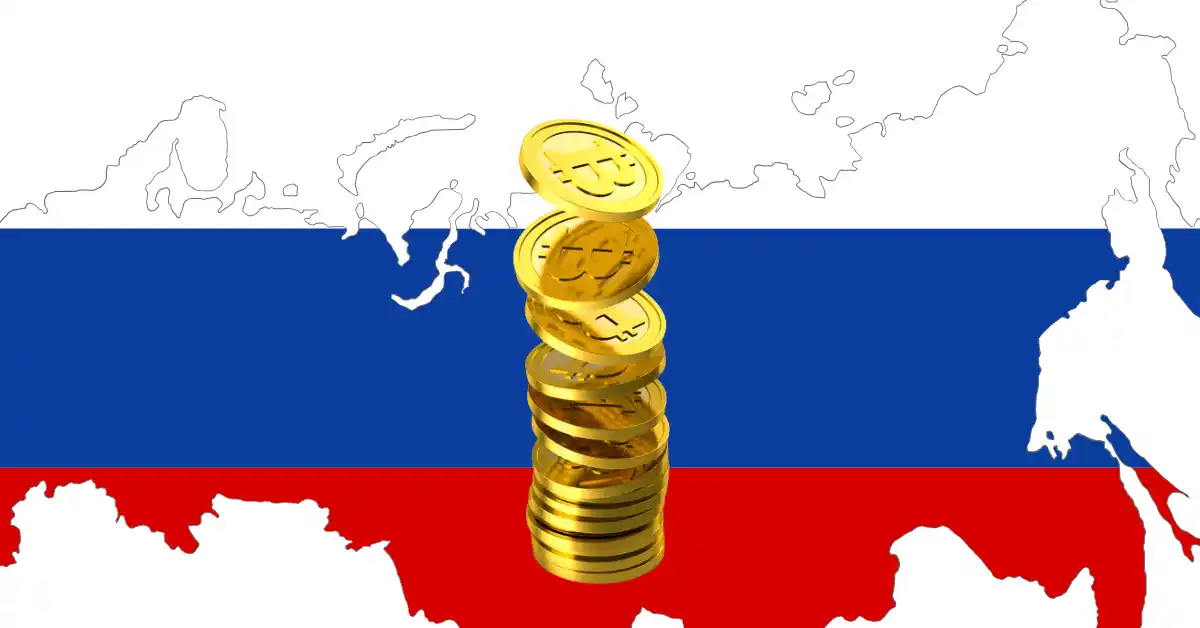
In a significant move, Russian bailiffs have commenced the transfer of Bitcoin, valued at over 1 billion rubles, from Marat Tambiev, a former investigator of the Investigative Committee. Tambiev was convicted for accepting the largest bribe ever recorded in Russia’s history, which led to the seizure of more than 1,000 Bitcoin during a probe into his connections with a notorious hacker group.
The Seizure of 1032.1 BTC: A Landmark Case
In 2023, the Nikulinsky Court, at the behest of the prosecutor’s office, sanctioned the confiscation of 1032.1 BTC. This substantial amount was identified as being amassed from dubious sources of income. The Bitcoin is now being transitioned into Russia’s treasury, with the initial phase focusing on converting the cryptocurrency into over 1 billion rubles.
The investigation uncovered that Tambiev exploited his official capacity to obstruct police investigations, thereby aiding the hackers in concealing their illicit funds. Throughout his trial, Tambiev staunchly denied all accusations. He refused to cooperate with the authorities or admit any wrongdoing. Notably, he defended his colleague, Lyakhovenko, describing her as “a child and a victim” during the legal proceedings.
Legal Hurdles in Selling Seized Assets
The process of converting the seized Bitcoin into rubles has been fraught with challenges. Tambiev had meticulously divided the Bitcoin into smaller amounts, necessitating the authorities to submit multiple court requests to access and liquidate all the coins. Apart from Bitcoin, other assets belonging to Tambiev, such as real estate and a motorcycle, are also under scrutiny for potential liquidation.
Despite these obstacles, the Russian government remains resolute in its efforts to reclaim the misappropriated assets and redirect them into the state’s coffers. This initiative underscores Russia’s commitment to addressing corruption and ensuring that unlawfully obtained resources are restored to public funds.
Conclusion: A Step Towards Financial Integrity
This case highlights the complexities involved in managing and converting digital currency within legal frameworks. The Russian authorities’ determination to navigate these challenges and secure state revenue demonstrates a broader commitment to financial integrity and the rule of law. As the global landscape of digital currencies evolves, the lessons learned from this case may inform future approaches to similar legal and economic issues.






